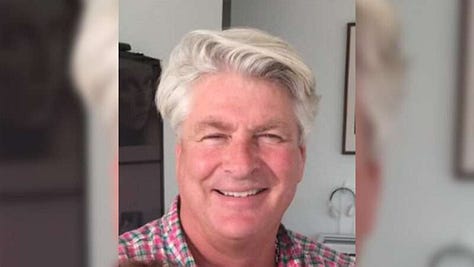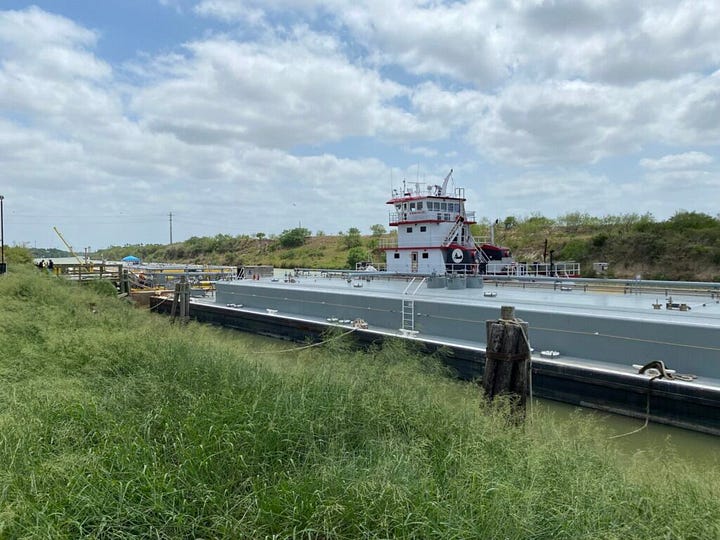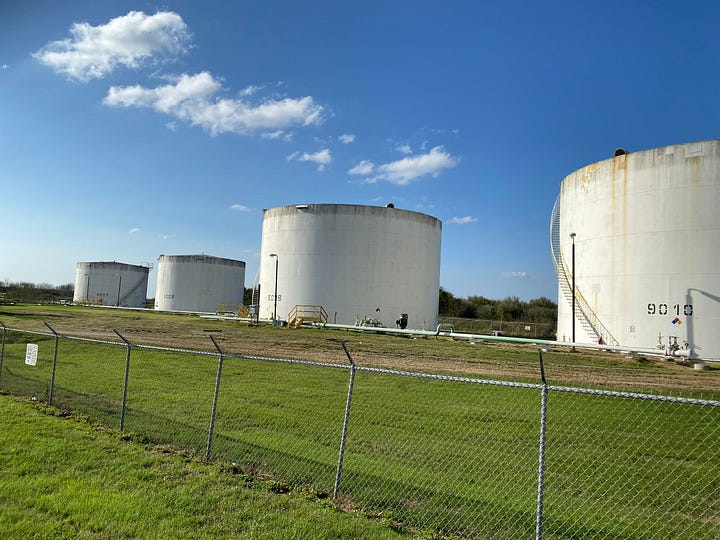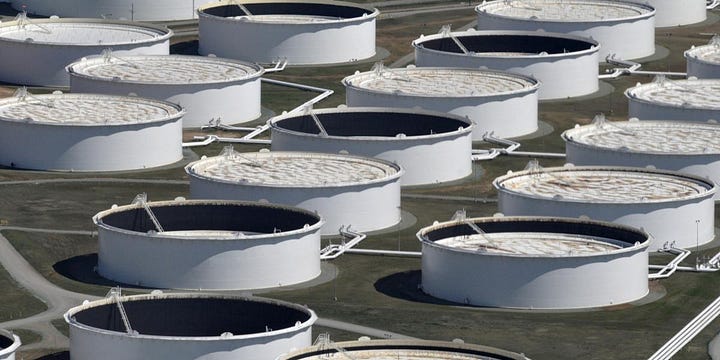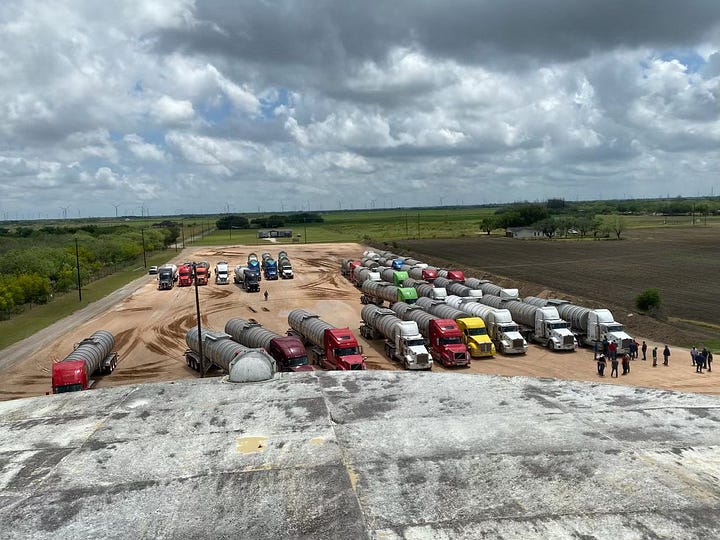The Pipeline: Inside a Utah Family’s $300 Million Oil Scheme
A federal smuggling case stretching from the hills of Utah to the ports of South Texas—and reaching as far as the Bahamas—is unraveling a dynasty built on oil, deception, and blood ties.
It looked like success. There was the home in Sandy, Utah—built across three lots in the Lost Canyon Estates. A vacation property in Jackson, Wyoming. Routine trips to the Bahamas. And a family-run energy business, Arroyo Terminals, operating just miles from the Gulf in Rio Hondo, Texas. But prosecutors say the family’s wealth came from more than just smart investments and strategic shipping contracts.
According to the U.S. government, James Lael Jensen and his family were smuggling Mexican crude oil into the United States by the tankerload—nearly 2,900 shipments between 2022 and early 2025—falsely labeled as “waste oil” to bypass strict import regulations. The shipments were cleared through customs, delivered to refineries, and paid for. Quietly. Repeatedly.
It was an operation worth more than $300 million.
James, the patriarch, allegedly led the scheme. His wife, Kelly Anne Jensen, helped manage logistics. Their sons, Maxwell and Zachary, played active roles in facilitating transactions and corporate operations. Together, prosecutors say, they created a pipeline of crude oil that could only have been sourced with the cooperation of cartel-controlled suppliers.
The oil, after all, wasn’t legal to export under Mexican law. And as federal prosecutors bluntly stated: “Any businesses that provide oil outside of Mexican regulation are only able to get crude oil through Mexican criminal organizations.”
The money trail supports the claim. Court filings document more than $47 million flowing from Jensen-controlled businesses to companies in Mexico. Investigators believe these firms were either directly linked to—or operating under the protection of—organized crime groups involved in fuel theft and border smuggling.
How It Allegedly Worked
The core of the operation centered on Arroyo Terminals, the family's South Texas company. From the outside, it appeared to be a legitimate business—receiving oil deliveries, coordinating shipping schedules, and issuing invoices. But the documents submitted at the port, federal authorities say, were forged or falsified. In many cases, the crude oil was described as used motor oil or petroleum distillates to avoid import scrutiny.
The government accuses the family of building a financial and logistical framework around this deception. Oil would arrive from Mexico, routed through partners operating outside the law. Arroyo Terminals would receive it, issue documentation, and distribute payment. The profits were then moved through multiple accounts—some domestic, some foreign—many of which were not disclosed to investigators during arrest or initial hearings.
Court filings and investigative reports suggest the family began the operation in May 2022. Over the next three years, it scaled dramatically, with 2,881 shipments crossing the border, all allegedly outside of regulatory channels.
The Legal Fallout
On April 17, 2025, a federal grand jury indicted all four family members. They were arrested in Utah and Texas over the following days. Prosecutors also filed notices to seize:
80,000+ barrels of crude oil
The Sandy, Utah estate
A property in Jackson, Wyoming
Associated financial accounts and corporate holdings
The combined value of the forfeiture actions exceeds $300 million.
James Jensen is accused of orchestrating the entire scheme. When U.S. Marshals arrived at the family home in Utah, he and Kelly reportedly refused entry. The government argued that both had “strong ties to Mexico” and the Bahamas, where they frequently traveled and maintained assets. Still, the court granted release: James on a $200,000 bond, Kelly on $100,000—both with 10% cash deposits.
Maxwell Jensen, the younger son, was initially denied bond due to concerns about international travel, substance use history, and incomplete disclosures. But after defense attorneys negotiated terms with the prosecution, a judge signed an order on May 9 approving his release. His bond was set at $750,000, with a $75,000 cash deposit. His grandfather, Gordon Davies Walker, posted bond and was appointed as third-party custodian.
Zachary Jensen, too, was released on a $100,000 bond with a $10,000 cash payment, also submitted by their grandfather.
In total, the family has pledged $1.15 million in appearance bonds and posted $115,000 in cash—all paid within two weeks of arrest.
What Comes Next
The trial is coming fast. Pretrial motions are due May 15. A final court conference is scheduled for June 3. Jury selection begins June 16.
The family’s defense is expected to center around two claims: that they believed the oil was legally sourced, and that they operated with no knowledge of cartel involvement. But the prosecution has painted a very different picture—of an operation built not just on greed, but on structure, cover stories, and millions of dollars worth of deliberate deception.
They are no longer in custody. But the case is far from closed.
The government believes they moved millions in illegal oil with cartel cooperation. And when the indictments came down, the family posted six figures in cash and walked free in days.
The message is clear: Money talks.
We’ll see what it says at trial.
Sources: This piece is based on publicly available court records from the U.S. District Court for the Southern District of Texas (Case No. 1:25-cr-00257), detention filings from the District of Utah, and media reporting from MySanAntonio, KSL News, KRGV, Tank Transport Trader, and Borderland Beat. Allegations remain unproven; all defendants are presumed innocent until proven guilty.
Follow for updates as the case heads toward trial—including motion rulings, discovery battles, and courtroom play-by-play.

